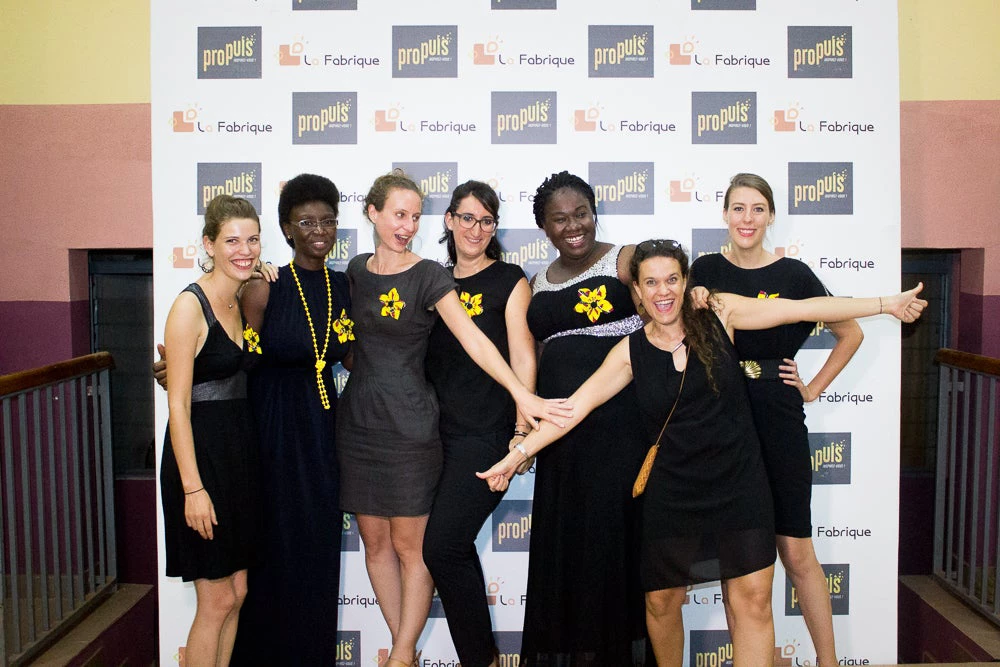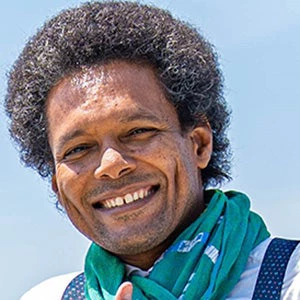Also available in: Français
As we saw in our second blog, entrepreneurship plays a critical role in promoting sustainable growth . Yet, in many West-African countries, long-standing stigmas against the private sector are still big obstacles for women and young people who aspire to become entrepreneurs.
Family support, in particular, remains critical for women’s career choices, and the private sector doesn’t always enjoy a good reputation among parents. “It’s very hard for them [parents] to understand why we want to do this instead of getting a steady government job,” says Binta Ndiaye, MakeSense Africa CEO. “My mother is an entrepreneur, but she did that on top of her regular job and raising a family in France, so it’s not seen as a career in-and-of-itself.”
“Entrepreneurship is inherently risky, so if you don’t have that support and encouragement, or even your family’s blessing to go for it, I can understand that it could be extremely challenging for some women,” says Mariem Kane, founder and president of Mauritania’s incubator Hadina RIMTIC.
Ndiaye for one, though, is not deterred: “It’s up to us to educate them on this potential and to have the resolve to follow-through. If you can convince skeptical parents, you can convince any investor.”
Considering that these incubators are run by women, do they make special efforts to recruit women entrepreneurs?
Lisa Barutel founder and CEO of La Fabrique, acknowledges that even though La Fabrique received a huge response to a recent call for proposals targeting women, far fewer apply to general calls that do not have a specific focus on women entrepreneurship. “Normally we don’t go out looking for candidates, as we can be inundated with applications, but when we noticed this discrepancy, we did launch a program to identify women with potential,” she says.

La Fabrique currently boasts a 40/60 gender balance among its participants (women to men) and a 7-1 female-to-male staff, though staffing decisions are based on no other considerations but merit.
MakeSense Afrique encourages gender balance in the selection process for incubees and organizes workshops and events targeting aspiring women entrepreneurs, including mothers. There are also training programs designed to build women’s IT skills, as well as teach them about value chains and how to access markets.
Some CEOs noted that women entrepreneurs are concentrated in the food and agricultural sectors. Some of the incubators that focus on traditionally male-dominated sectors, such as ICT and renewable energy, however, have fewer female participants.
Saboutech and CTIC Dakar both expressed the desire to have more women participants. “It’s not something I’m proud of, I know we can do better,” says Regina Mbodj, CTIC Dakar CEO, acknowledging that attracting more female candidates will likely require a more proactive approach. “Women just don’t come to seek us out like men do,” she adds. “I know women running their own businesses or who have an idea for a start-up but they don’t respond to our calls for proposals. We need to find a way to engage and integrate them into our program.”
“We do try to give preference to female candidates,” says Fatoumata Guirassy, CEO of Guinea’s first green tech incubator Saboutech. “But women still tend to operate in the informal sector, so our pool of potential female applicants is just smaller as a result.”
One exception is Hadina, Mauritania’s ICT incubator. In its competitions and initiatives, Hadina has had, on average, a 40% female participation rate. Even though Hadina’s most recent initiative, the Entrepreneur’s Marathon, explicitly prioritizes teams that have at least one woman, the incubator has managed to maintain a very diverse and balanced pool of incubees since its inception.
For Mariem inclusion has always been a cornerstone of the incubator. Focusing on young people and women from day one, the Hadina team has presented a diverse image, representative of all of Mauritania, both in in terms of ethnicity and gender. “This was especially important in our outreach to schools and universities,” says Mariem. “ I think young women in universities were encouraged by seeing women in our communications teams and felt more comfortable applying as a result.”
“Hadina’s diverse image was partially in the hopes that our participants would do the same,” says Mariem. “We ultimately projected what we were hoping to get in return.”
It will be interesting to see whether this demonstration effect continues to successfully attract female candidates and various ethnic groups. This can inform our broader efforts to ensure women’s equal access to employment and training opportunities in small and medium enterprises.



Join the Conversation